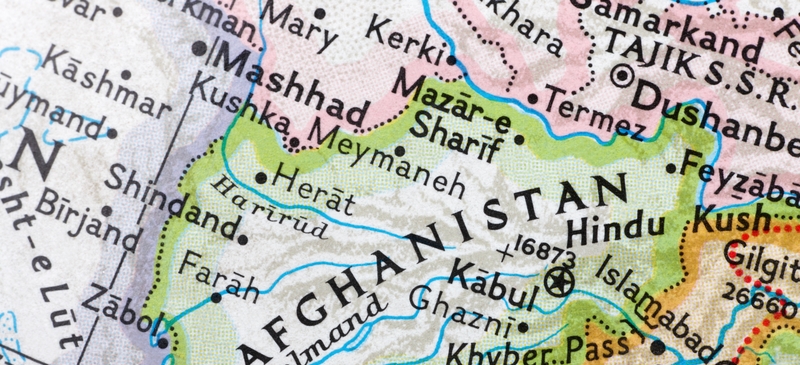
Germany owes Afghanistan an explanation
Finger pointing is the defence of the concerned and the cornered. So it reflects very poorly on Nato that allies are bickering with one another over an attack that killed an unknown number of Afghan civilians last week. Nato says up to 125 died when German forces ordered a strike on a hijacked Nato fuel tanker. The Germans initially said that the dead were all militants and argued that the tanker could have been used to attack Nato forces (Berlin has since admitted civilians may have been killed). The Afghan government says many of the dead were civilians and it lashed out at the Germans for being reckless. The French government has called the attack "wrong" and the US has criticised the Germans for waiting too long to determine whether civilians were among the dead.
The allies need to take a deep breath. The last thing the Nato mission needs is more acrimony. Already, the allied publics think so poorly of the Afghan operation that the governments are coming under serious pressure to withdraw troops.
Clearly, in most cases the death of civilians is not only tragic, it is also monumentally wrong. Nato has recently – and belatedly – recognised that it must reduce civilian casualties if it is to win the hearts and minds of ordinary Afghans. Only time and a proper investigation will tell what the German air traffic controllers, who called in the attack, knew, and when. The rest of the allies should recognise that if German troops indeed felt that the tankers were to be used in an imminent attack on Nato troops, they may have been right to order them bombed.
The Germans owe it to the Afghans and the rest of Nato to explain their actions. Serious questions remain: the hijacked tankers were stuck in a river, so why were they a danger to Nato? The German military says its troops thought that only militants were present on the scene – an assessment that, the Germans say, was confirmed by an informant on the ground. But how could they been so sure given the number of people on the scene, and given that night-vision images (the attack happened at 2.30am) are far less clear than daytime imagery?
The US has, in my mind, erred too, in inviting journalists along on a mission to assess the impact of the bombing, and allowing them to sit in on closed-door meetings between US and German officials where the bombing was discussed. The commander of US and Nato forces in Afghanistan, General Stanley McChrystal, is fighting two wars: besides the one in Afghanistan, he is also trying to keep the increasingly nervous governments at home from withdrawing troops. It is not obvious how he hoped to strengthen German support for the mission by inviting the media to lambast the German troops before a proper investigation had been completed.
The tanker-bombing incident has completely obscured an important new reality. In recent months, the allies have narrowed their differences over the course of action for Afghanistan, and Gen McChrystal's new strategy has at last given Nato governments some grounds to hope for a turnaround. Among other things, the strategy puts clear emphasis on minimising civilian casualties. The recent strike is a tragic and important deviation from the strategy. It should be treated as such, investigated and closed. Instead of arguing, the allied governments need to focus on letting the new strategy work, and to give commanders on the ground time to prove it successful.
